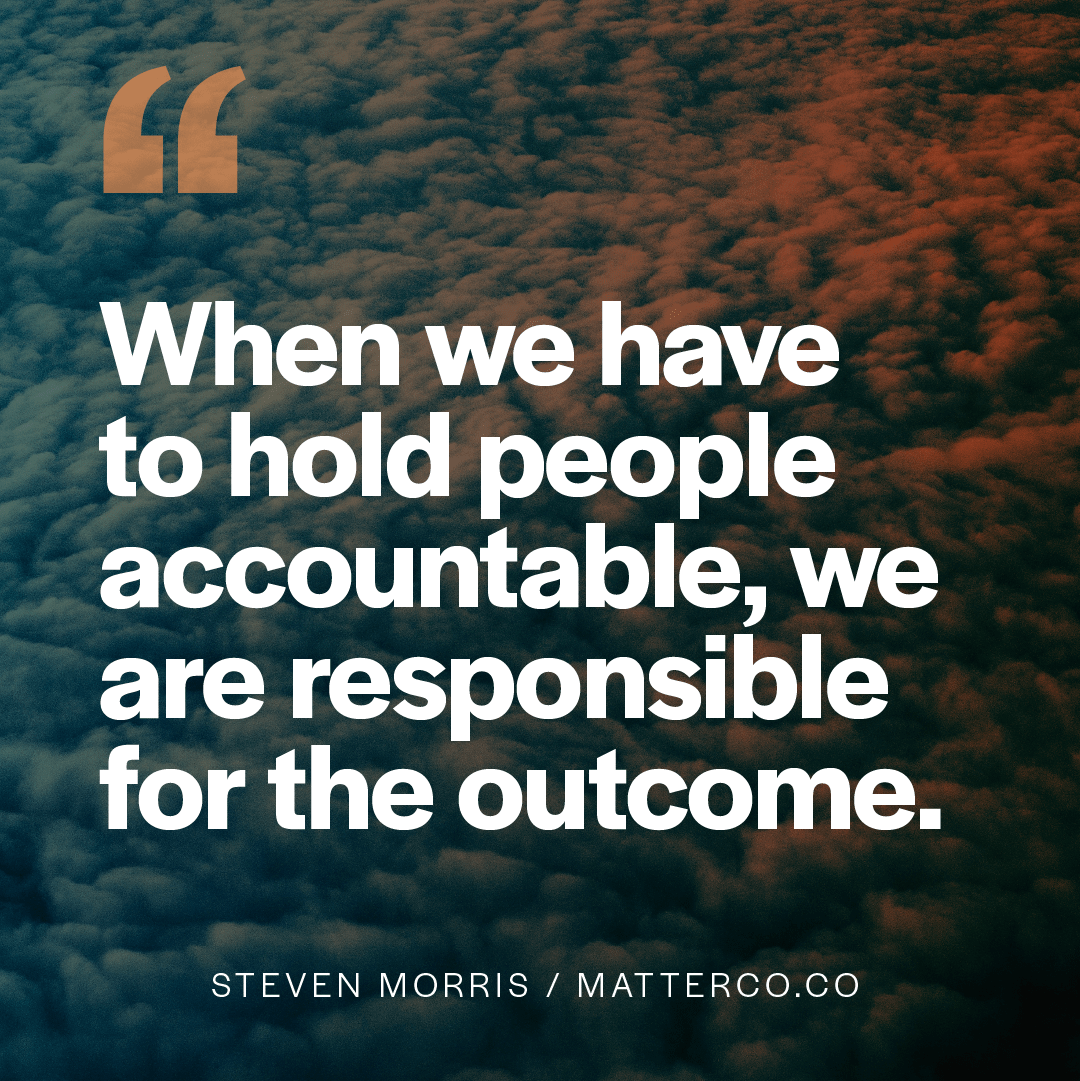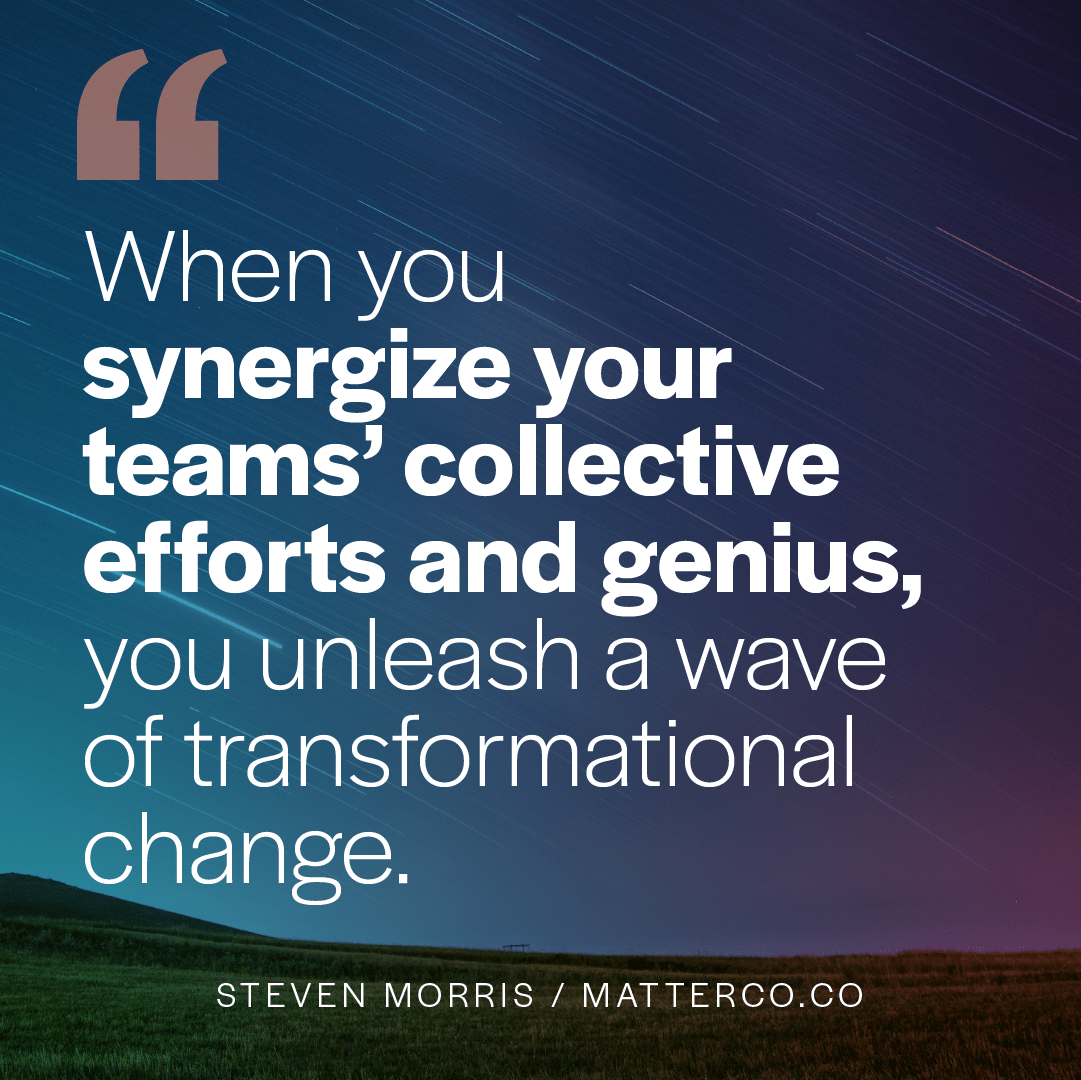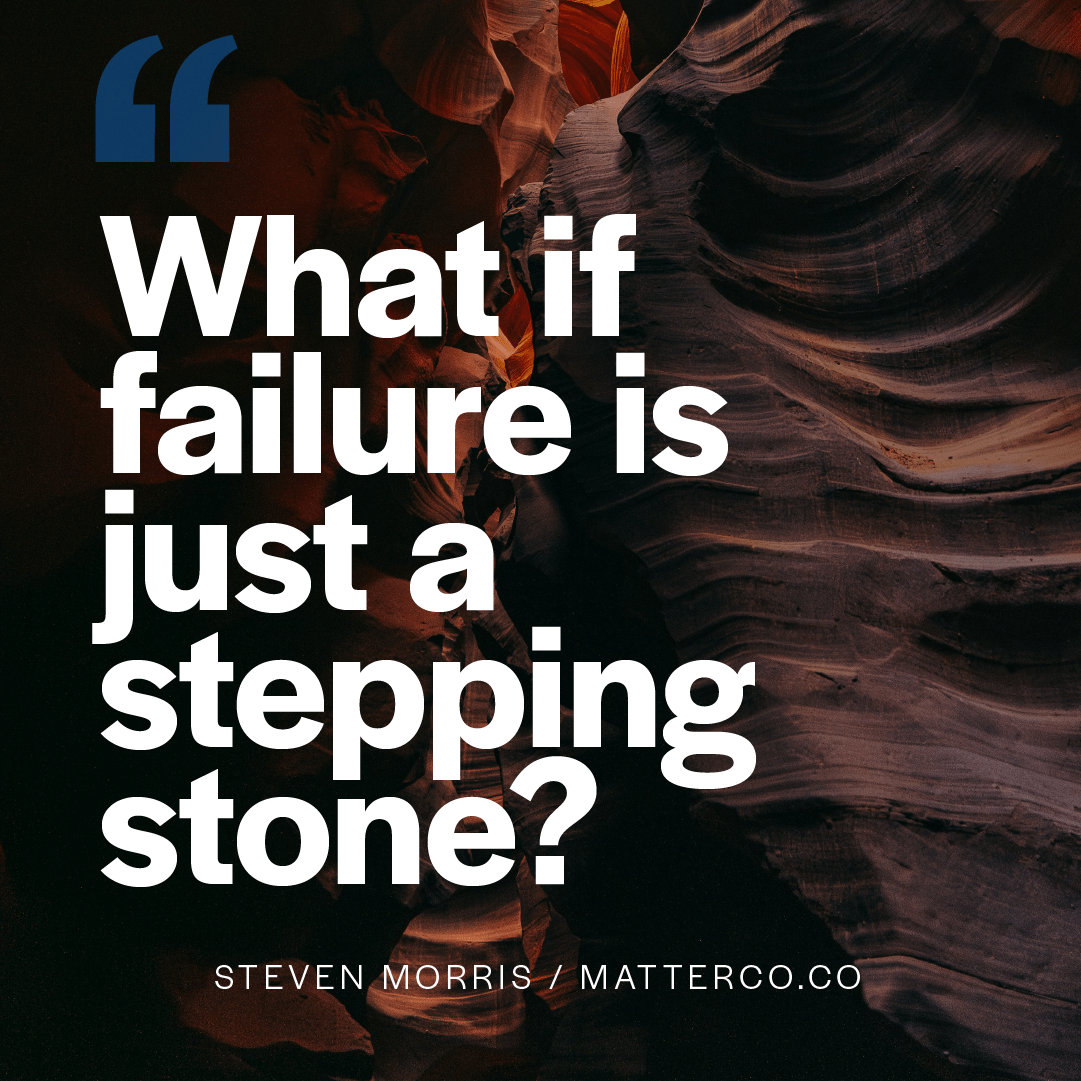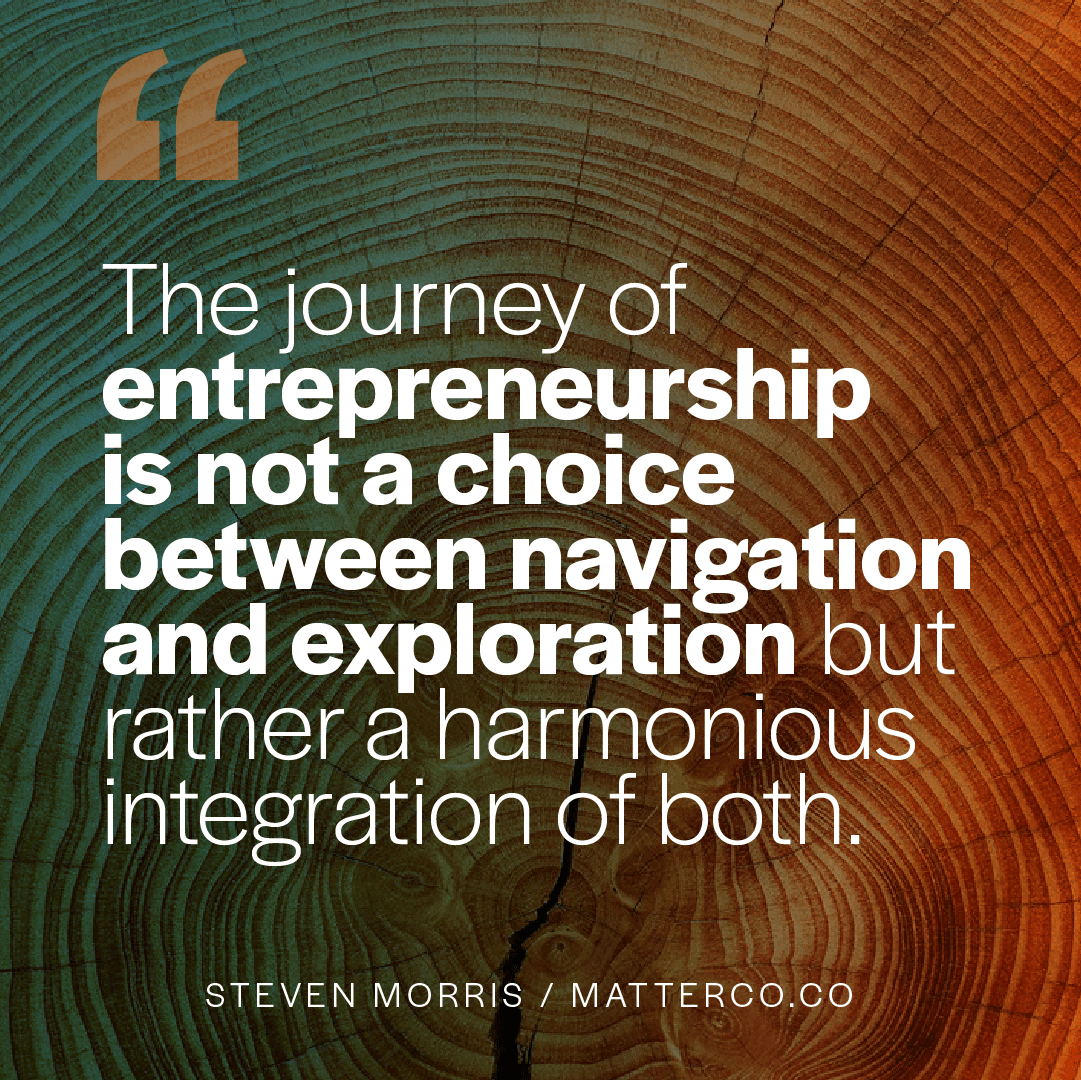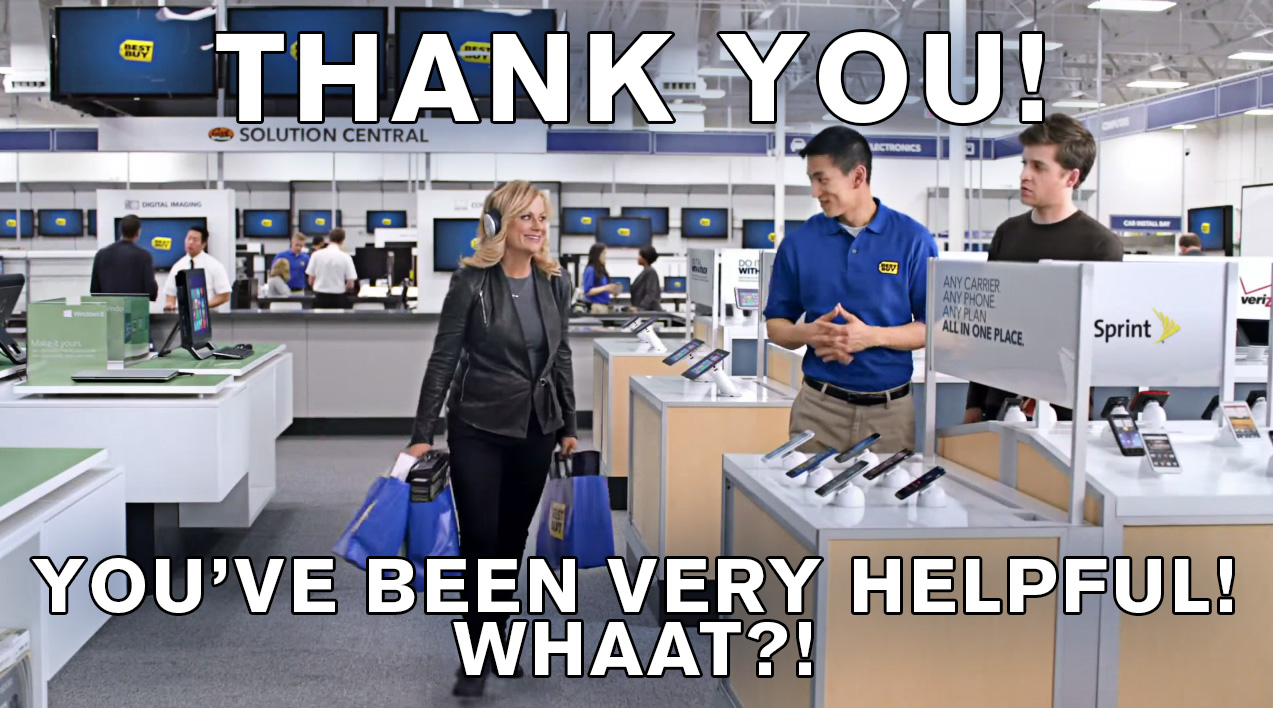
5 Ways to Make Retail Sales Personal…Again
The age of information overload comes with the barrage of digital screens in our faces everywhere. Look around the dining tables the next time you’re at a restaurant. You’re likely to see the majority of guests with their faces buried in their smartphones.
Nearly as evident, is the number of people walking around retail stores with a smartphone in-hand and their eyes glued to the screen. Usually what shoppers are doing is product research, but it’s almost just as likely they are reviewing their “honey-do” list.
With our world of ever-present screens, the importance of human connection, in all its forms, is more important than ever. Retail sales associates have a huge opportunity to get personal with their connection to customers. The most successful RSAs create a connection with the customer by bringing their own personal touch to the sales process. Here are a few tips on how to get personal during the sales process.
Tips on Making Retail Sales Personal
- Use the person’s name. There’s a little known secret about the most powerful words in the world. When asked, most people immediately think “please” and “thank you” have the most weight. While powerful, these words don’t hold a candle to the most powerful. Using a person’s name has a far greater effect. By asking, remembering and referring to someone by their name RSAs create an immediate and lasting personal relationship with a customer.
- Ask before your offer. Before you launch into any selling, take time to get to know your customer and their needs. Ask them questions that will help your customer explain what they are looking for and how that will benefit their life. By understanding their needs or problem before going into a sales pitch, you are able to provide the best product recommendation. Inquiring with open-ended questions is fundamental to relationship building. The more skilled you are at utilizing open-ended questions, the stronger the connection you will be able to create.
- Actively listen in the conversation. Listening is the only way to learn in a conversation. True listening is active listening. This means leaning into the words, nuance, body language and what the customer is not saying. And then, asking questions that prove you’ve listened and that further the conversation.
- Reveal yourself. Most people think that by talking too much about yourself, you shift the focus of the conversation. On the contrary, by revealing a few personal things about you, you build trust in the other person to do the same. By getting personally, you create a human bond.
- Use digital tools only for conversation guidance. Many forward-thinking brands are building apps and other digital tools to help customers and RSAs make more informed and streamlined decisions about their purchase considerations. RSAs should use these tools only as information to help guide the process and not a replacement for the actual human-centric conversation. An untrained sales person will be more likely to rely solely on these tools.
If you want a more trusting team, a culture of belonging or a magnetic brand that attracts more of the right customers, I can help. If you'd like to explore if working together makes sense, drop me a line.




